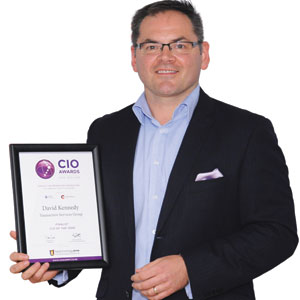THANK YOU FOR SUBSCRIBING
Editor's Pick (1 - 4 of 8)

Embracing Digital Symmetry: Why and How Businesses Can Ride the Smart City Wave
Tan Yinglan, Founding Managing Partner, Insignia Ventures Partners


Tan Yinglan, Founding Managing Partner, Insignia Ventures Partners
Smart city advancements, from in-home appliance connectivity to cross-border supply chain tracking, are not only transforming urban spaces but more broadly, the way we humans interact with machines
Weekly Brief
I agree We use cookies on this website to enhance your user experience. By clicking any link on this page you are giving your consent for us to set cookies. More info
Read Also













